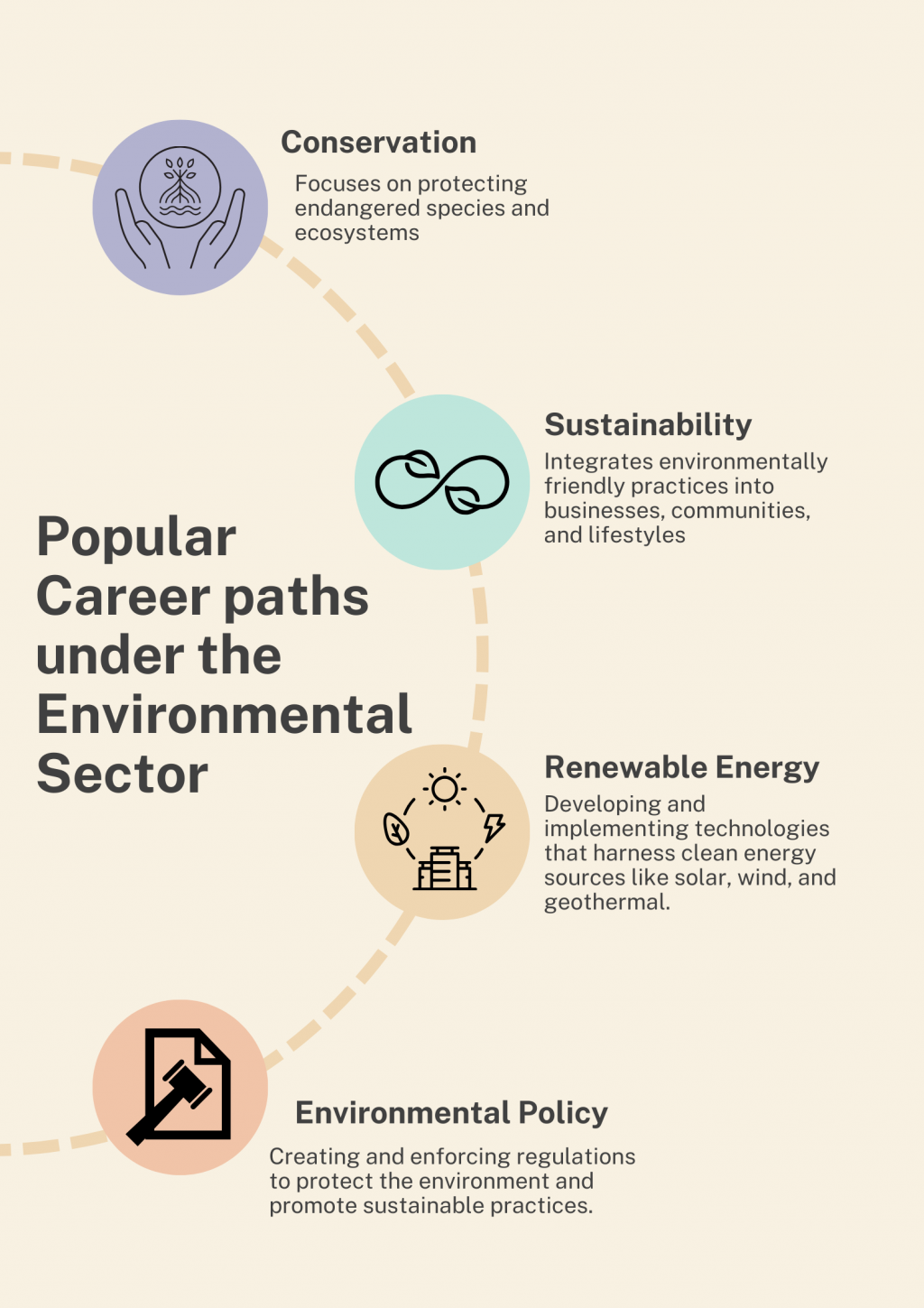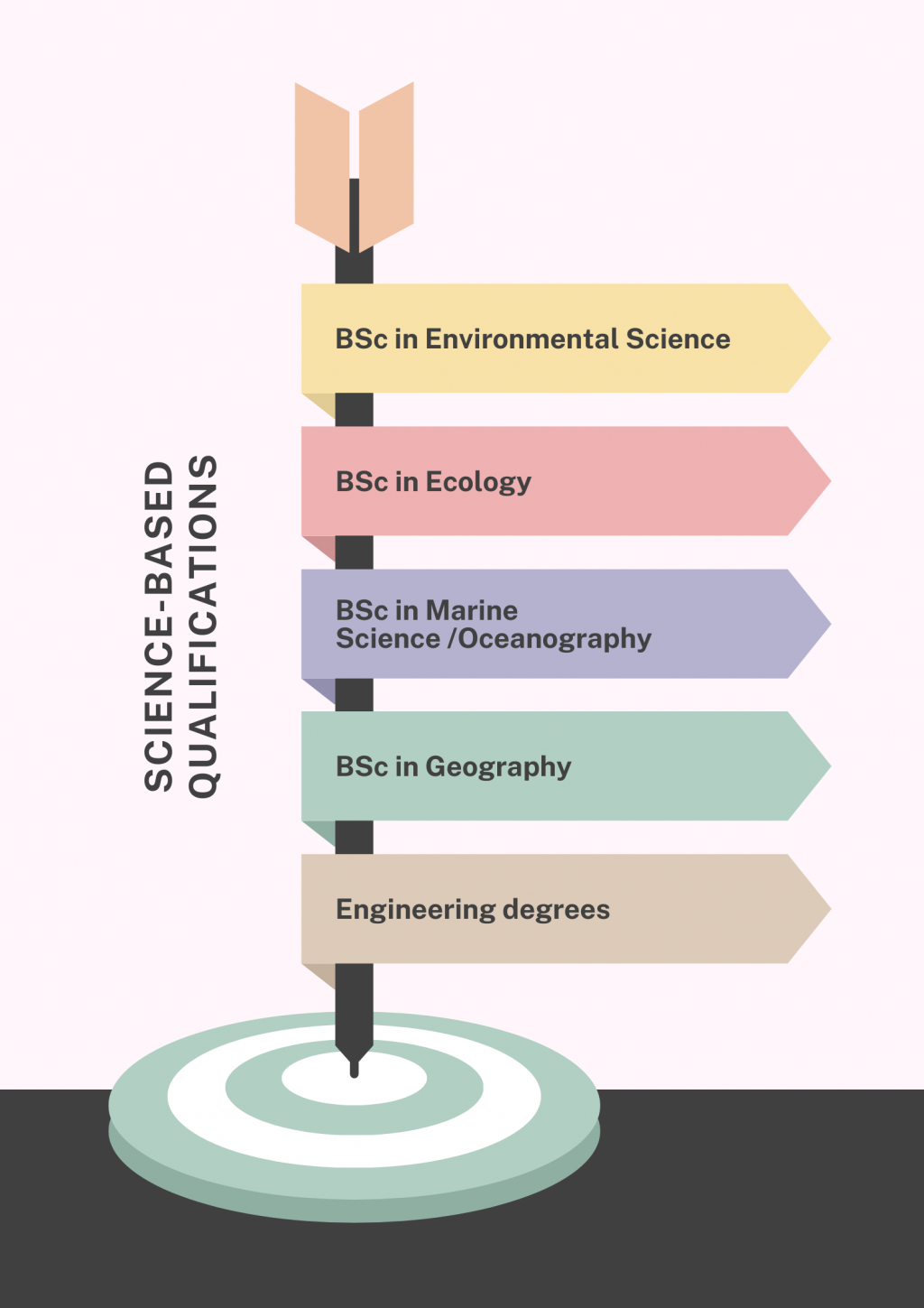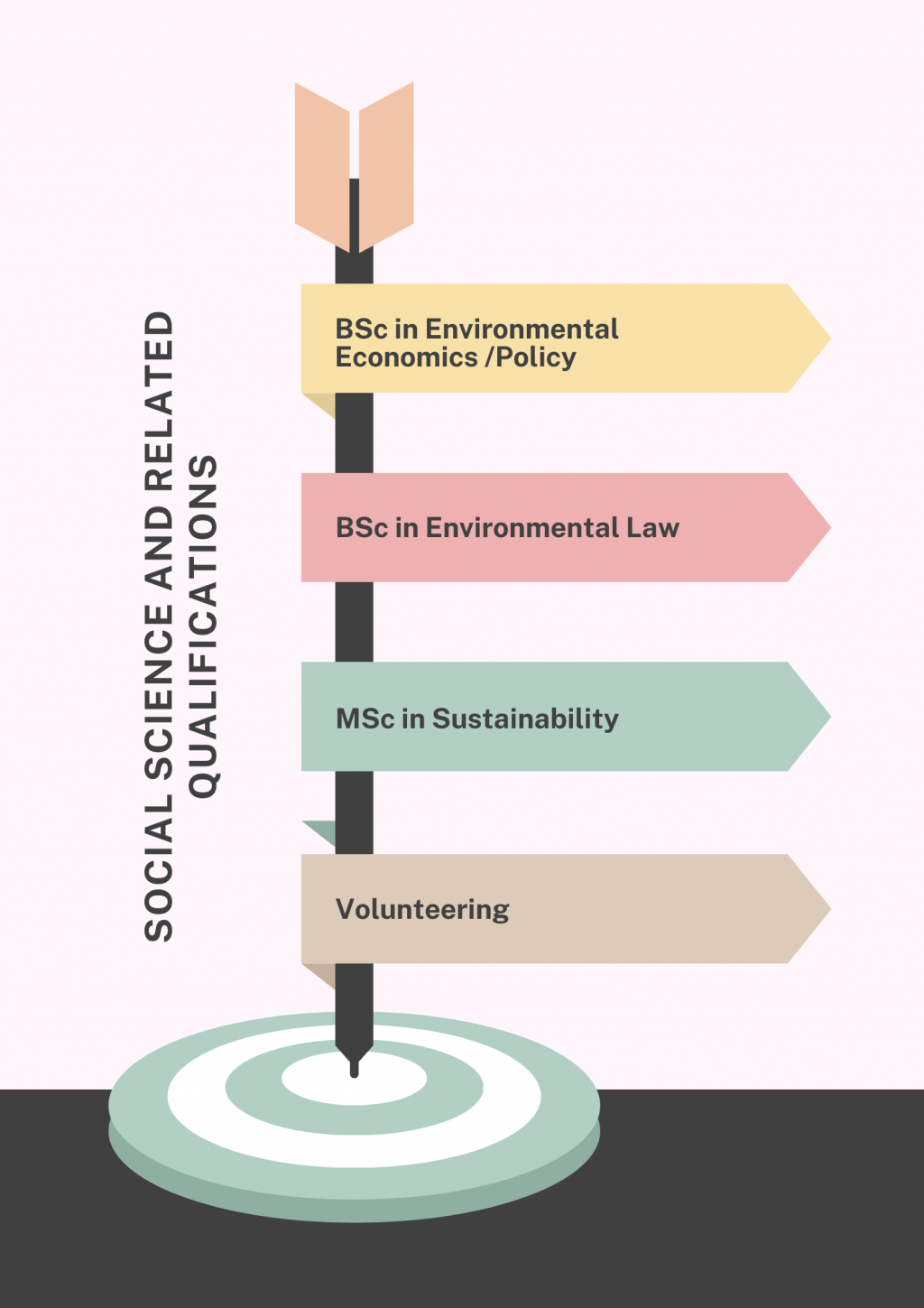Graduates’ environmental knowledge and enthusiasm are vital as the UK creates more green jobs, ensuring a sustainable future.

Laura’s heart belonged to animals, but vet school seemed like a distant dream. Then, a revelation: Animal Science! Transferring into the course from Religious studies, she delved into the world of conservation, a burning desire to prevent extinctions igniting within her. Today, that passion has taken an unexpected turn. As a Research Scientist and Deputy Director of Experimental Research for the Yale Program on Climate Change Communication at Yale University, Laura fights for a future where both animals and their habitats thrive.
I always loved animals but didn’t know there was a way to work with them without being a vet. Then I discovered Animal Science, transferred to it, and started learning about conservation.
– Dr Laura Thomas-Walters

There are many who dream of becoming and achieving what Cardiff based Dr Laura Thomas-Walters has achieved. The UK government, recognizing the urgency of tackling environmental challenges and the want among students to make a career out of this, is actively promoting the creation of green jobs. From renewable energy engineers to sustainability consultants and environmental educators, a diverse range of exciting career paths are emerging within the environmental sector, offering a multitude of opportunities for individuals passionate about making a positive impact on the planet.
Dr. Laura believes that a career in the environment is extremely rewarding. “You can go to sleep knowing that you are actively working to make the world a better place,” she said. Given the diversity in the career opportunities under the environment sector, there are many roles one can take up and have a career in. “You could work with big data, do focus groups with local communities, or track animals in the field. There’s so much scope,” she said.
The environmental sector offers diverse career paths, including popular areas like conservation, sustainability, renewable energy, and environmental policy.

Conservation focuses on protecting endangered species and ecosystems, with roles ranging from field researcher to conservation biologist. Sustainability integrates eco-friendly practices, with opportunities from waste management specialist to sustainability consultant. Renewable energy involves developing clean energy sources, offering jobs like solar panel installer and progressing to renewable energy engineer. Finally, environmental policy creates regulations to protect the environment, with roles like environmental policy analyst advancing to environmental lawyer. Each path offers entry-level and advanced positions, allowing you to find the perfect fit for your interests and skills.

While a single pathway doesn’t guarantee a green career, the environmental sector offers diverse options based on your interests. BSc in Environmental Science, Ecology, or Marine Science provide a foundation in various aspects of the environment. Engineering specializations in areas like Environmental or Civil Engineering equip you for tackling challenges like pollution control and sustainable infrastructure. Additionally, Geography can lead to careers in environmental planning, while degrees in related fields like Sustainability or Environmental Law offer specialized expertise for specific roles within the environmental sector. Ultimately, the path you choose depends on your passion and the specific area within the environment where you want to make a difference.

Beyond science-based qualifications, the environmental sector also welcomes individuals with a social science background. A BSc in Environmental Economics/Policy equips you to analyze environmental issues through an economic and policy lens, opening doors to careers in environmental policy development, carbon pricing, and sustainable business practices. Similarly, a BSc in Environmental Law combines environmental science with legal principles, preparing you for careers in environmental law, regulation, and advocacy. Finally, an MSc in Sustainability builds upon existing knowledge and offers a deep dive into sustainability principles across various sectors, preparing graduates for careers in corporate sustainability consulting, green finance, and sustainable development. These social science qualifications offer valuable pathways for those passionate about tackling environmental challenges from a policy, legal, or business perspective.
Dr. Laura however believes that starting off with a degree in social sciences will be extremely beneficial in the long run. “seriously consider the social sciences – again, almost all environmental problems have human behavior at their root,” she said.
While academia plays a very important role towards a successful career, practical skills play a very important role. Because the field is really competitive, permanent jobs will expect a lot of training and experience which can come from volunteering. “You might need to do a lot of volunteering to get your foot in the door,” she said. As a student, she went on to volunteer in zoos, consulted for various charities like the National Geographic Society, and worked for the government at Defra. However, she heavily focused on her academics.
Volunteering is often used as a stepping stone to kickstart a journey. For example, you may apply to the Environment Agency throughout the summer to assist in managing the many lock sites on the River Thames. Additionally, volunteering with The Wildlife Trusts allows you to use your time and abilities both indoors and outdoors, no matter where you live in the nation. Not-for-profit organizations like National Trust, Natural England, and The Conservation Volunteers regularly look for volunteers.
Conservation of biodiversity is, above all else, an exercise in human persuasion.
– Dr Laura Thomas-Walters
In the end, making a career in the environment sector requires lots of research and enthusiasm. There are diverse career options within the environment sector to explore and make a career. The environmental sector is constantly evolving, offering exciting new opportunities as technology and solutions develop. By pursuing a career in the environment, you can be a part of the solution, ensuring a healthy planet for generations to come.
